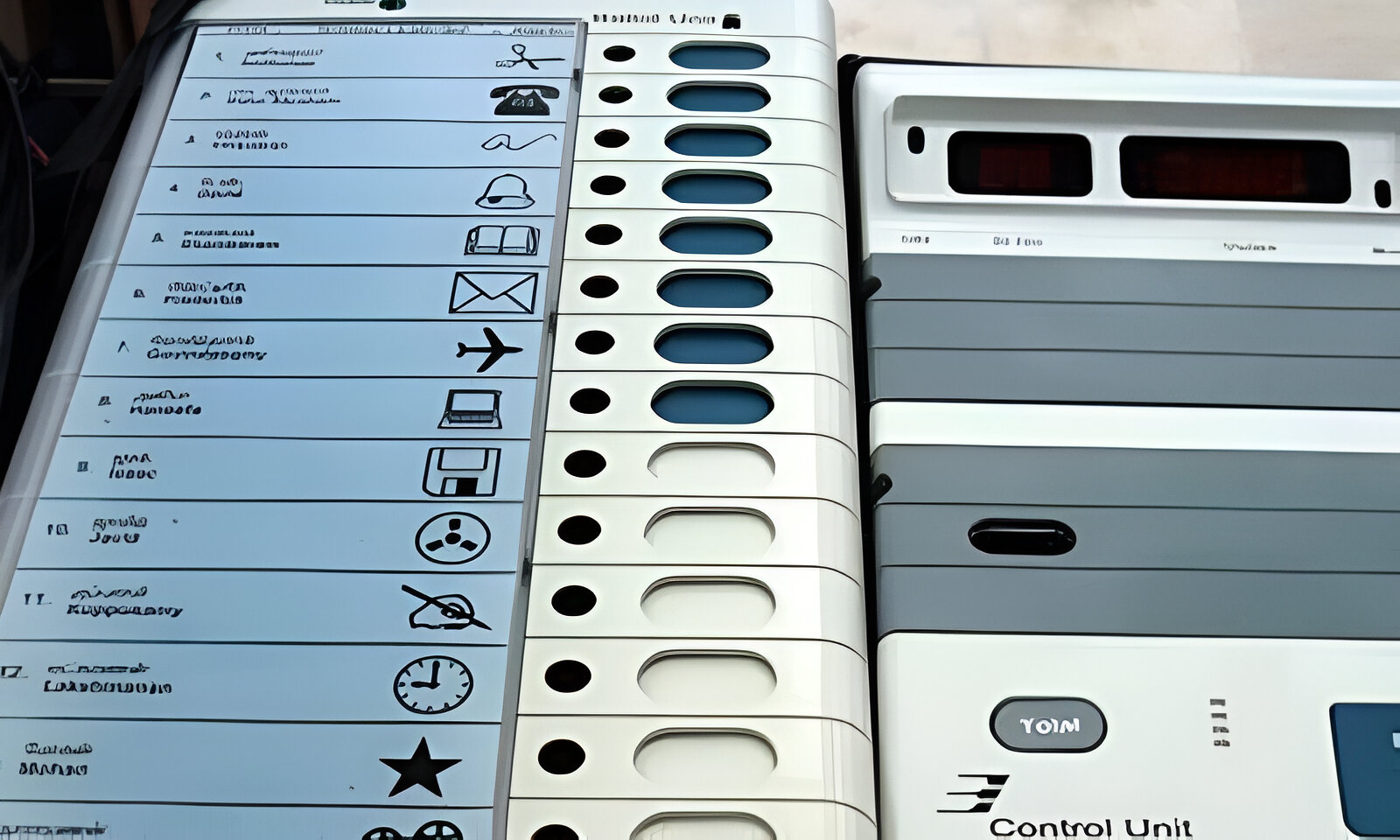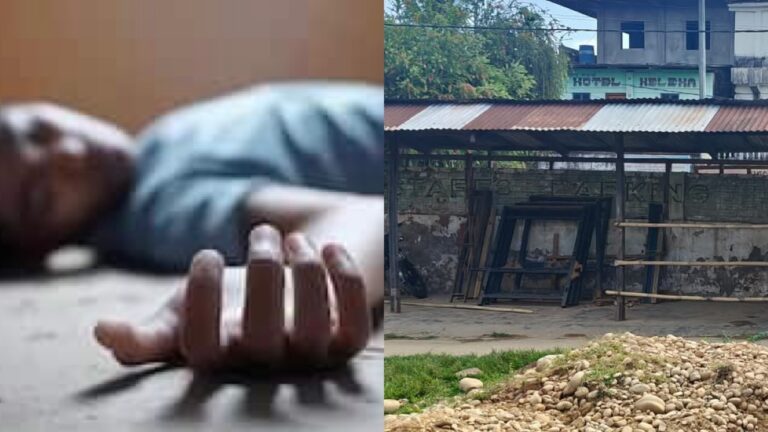Assam Panchayat Election: BJP Candidate Booked for Post-Poll Violence in Bishwanath
News Summary
On May 11, 2025, tensions escalated in Bishwanath’s 21st Burigang Aarabari, 5th ward, following the Assam Panchayat Election vote counting. BJP candidate Rupali Boruah, after securing victory, allegedly led over fifty supporters to the residence of opposition supporter Apu Boruah. The group’s celebratory activities reportedly turned violent when Apu requested them to cease firecracker celebrations. An FIR has been filed against Rupali Boruah and five associates, with police initiating an investigation into the incident.
In-Depth Article: Navigating Post-Election Turbulence in Assam’s Panchayat Polls
Understanding the Incident
The recent post-poll violence in Bishwanath district underscores the fragile nature of local electoral politics in Assam. The altercation involving BJP candidate Rupali Boruah and opposition supporter Apu Boruah highlights the deep-seated political rivalries that can erupt into violence, especially in the emotionally charged aftermath of elections.
The Role of Panchayat Elections in Assam
Panchayat elections serve as the bedrock of grassroots democracy in India, allowing citizens to have a direct say in local governance. In Assam, these elections are particularly significant, given the state’s diverse population and complex socio-political landscape. The intense competition often leads to heightened emotions, which, if not managed properly, can result in conflicts like the one witnessed in Bishwanath.
FAQs
Q1: What led to the post-poll violence in Bishwanath?
A1: The violence reportedly ensued when BJP candidate Rupali Boruah and her supporters celebrated her electoral win outside the residence of opposition supporter Apu Boruah, leading to a confrontation
Q2: What actions have been taken against the accused?
A2: An FIR has been filed against Rupali Boruah and five of her associates, and police have launched an investigation into the incident
Q3: Why are Panchayat elections significant in Assam?
A3: They are crucial for grassroots governance, allowing local populations to elect representatives who directly impact community development and resource allocation.
Q4: How can post-election violence be prevented?
A4: Through community education, strict enforcement of laws, political accountability, and promoting peaceful means of celebration and dissent.
Q5: What are the broader implications of such incidents?
A5: They can undermine public trust in the democratic process, discourage voter participation, and lead to long-term societal divisions.



